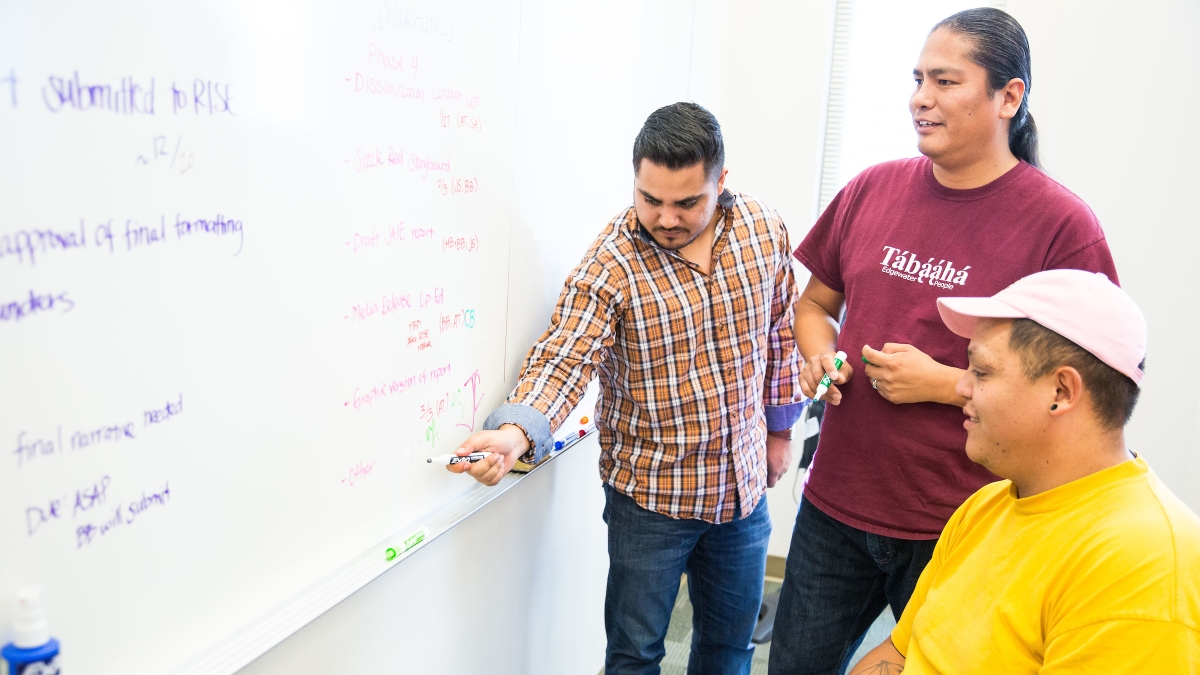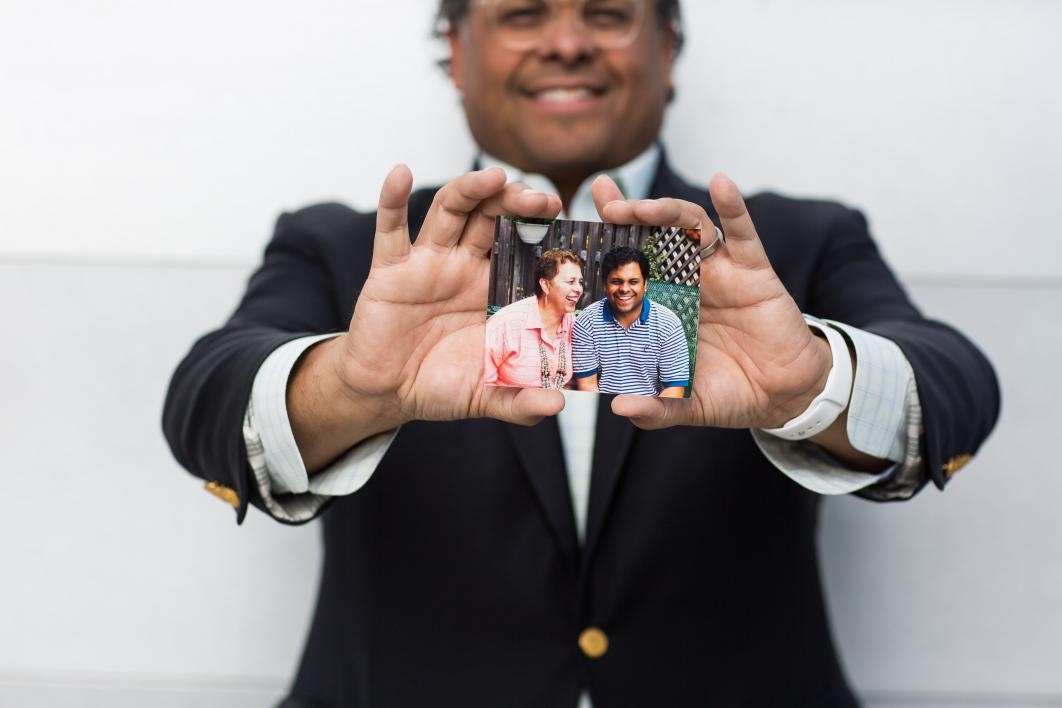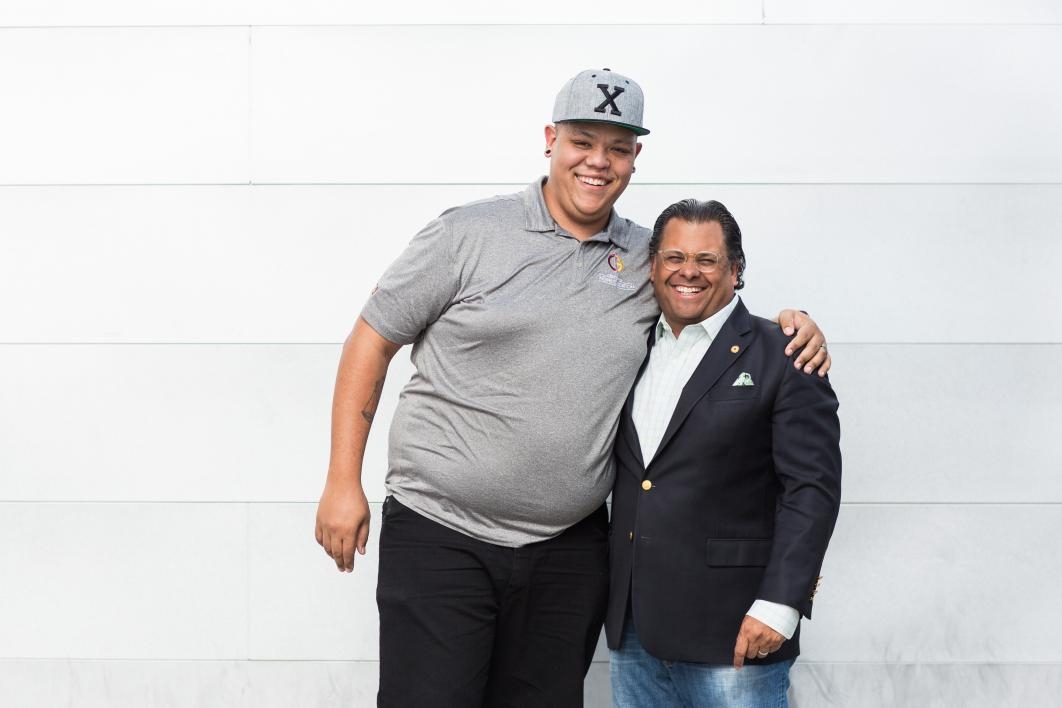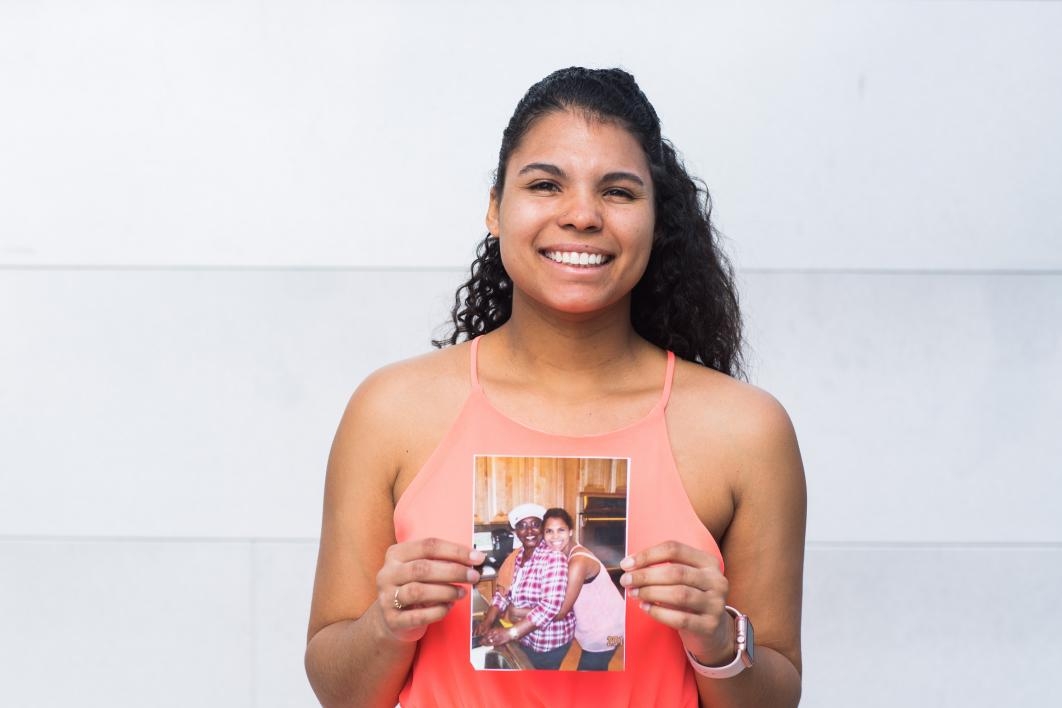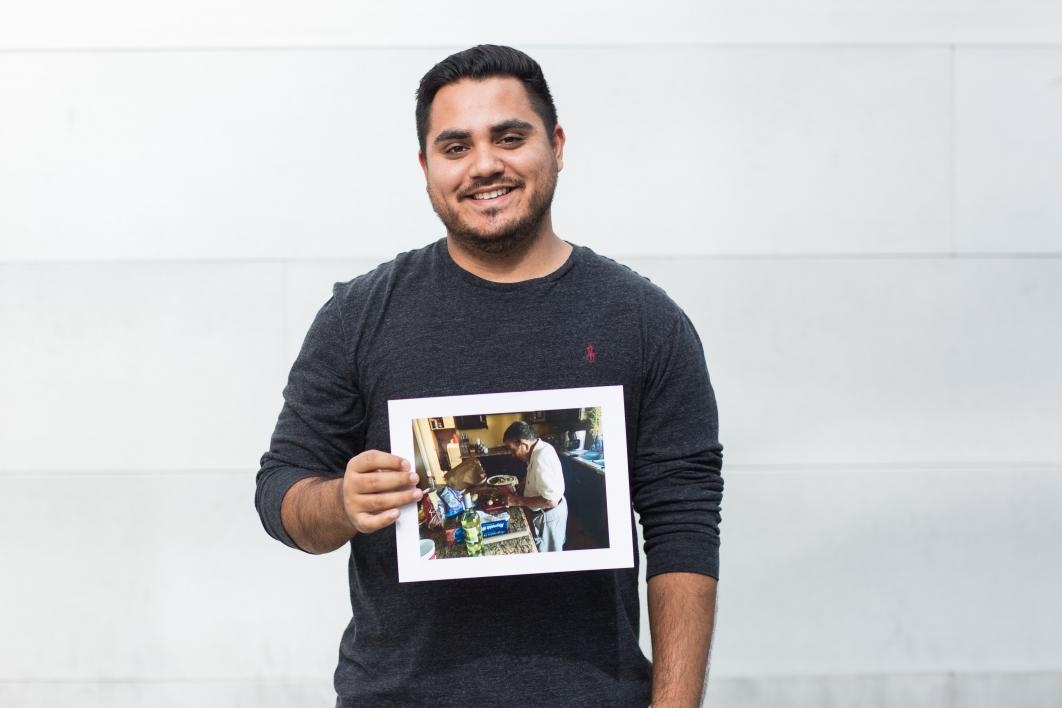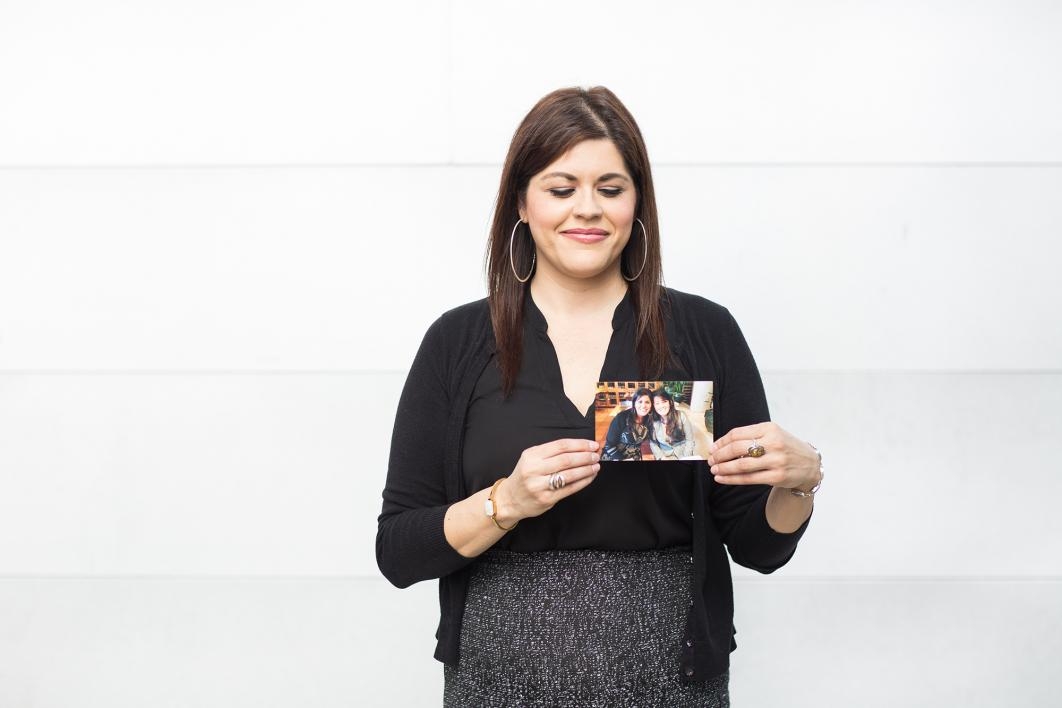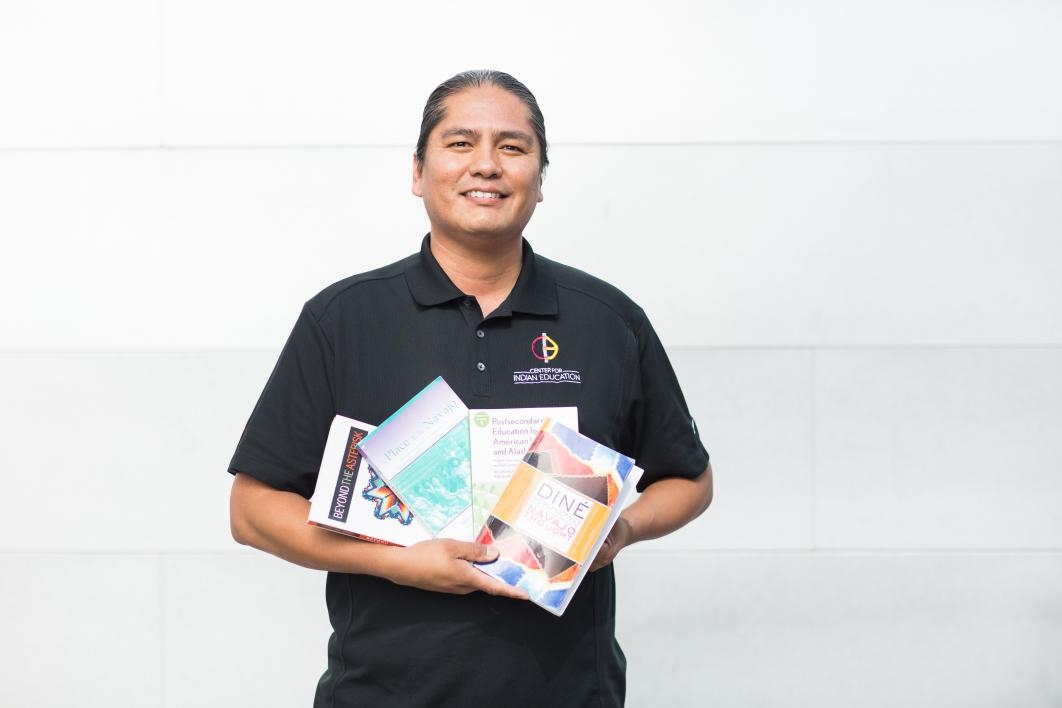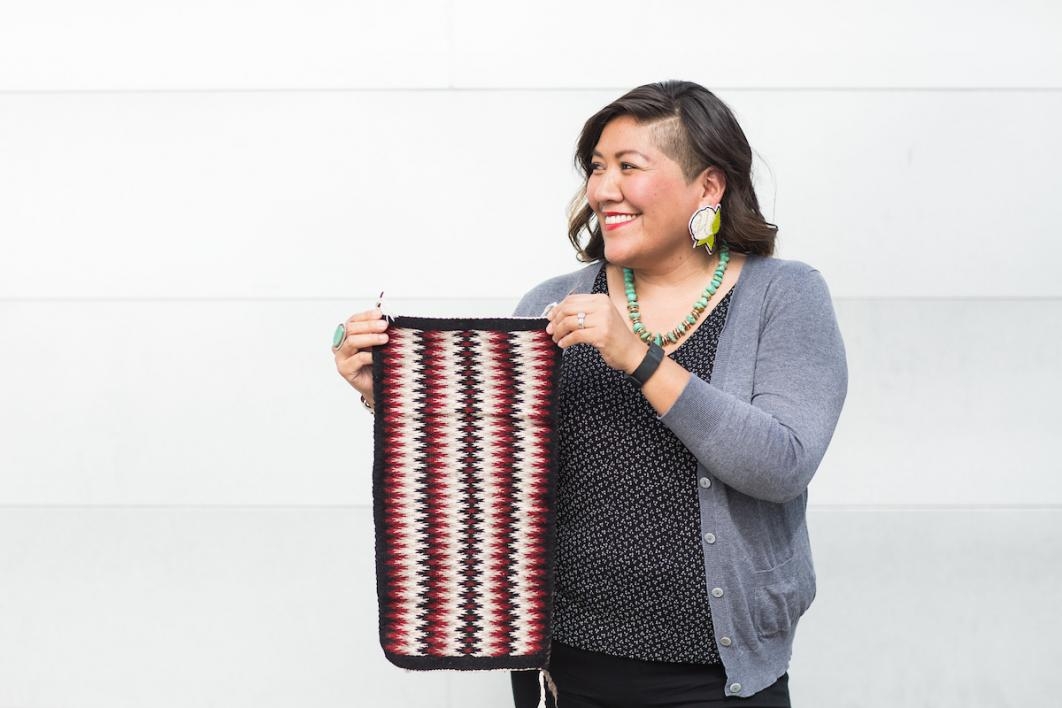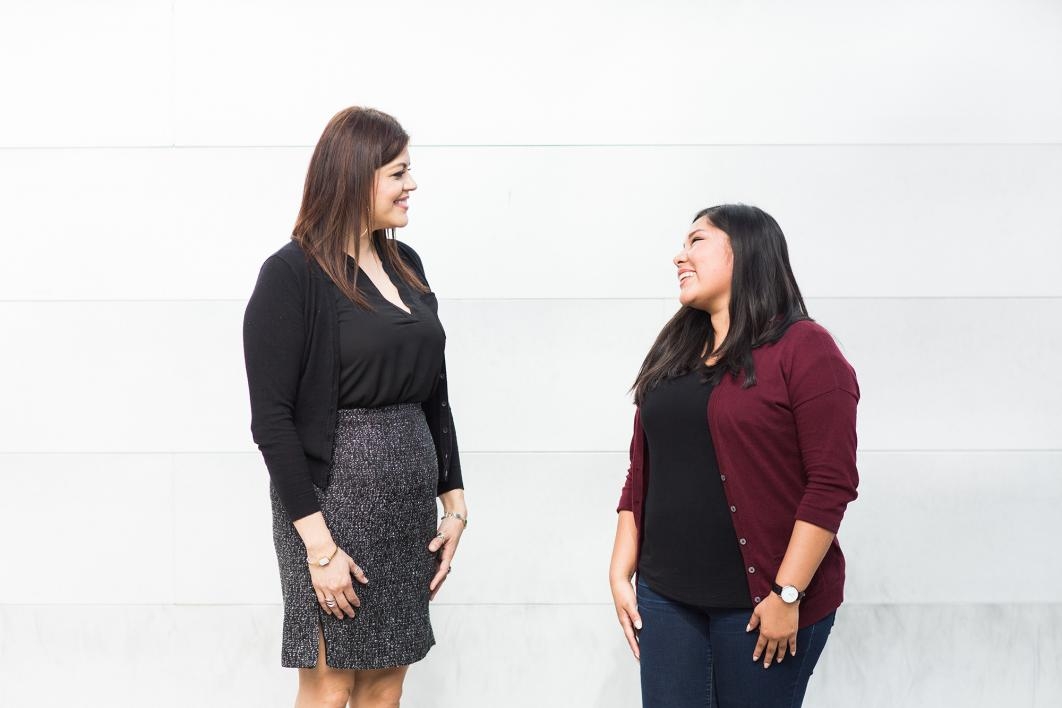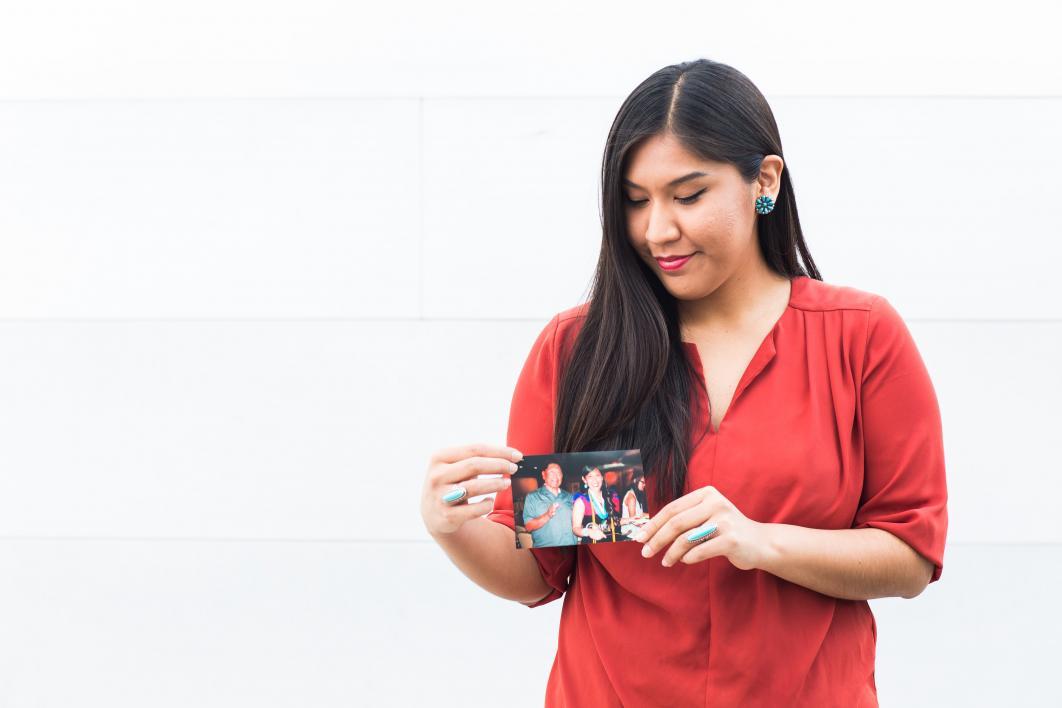Arizona State University has hit upon a new solution to help Native American men and boys overcome the host of obstacles that block the path to socioeconomic success for so many: Get outside the classroom to encourage education.
The answer comes from a recent ASU study funded by RISE for Men and Boys of ColorAn advocacy group associated with the University of Pennsylvania. that found rampant generational hardships and lack of opportunity could potentially be offset by holistic and culturally responsive mentoring in all areas of life.
The study prepared by the Center for Indian Education could encourage the creation or expansion of the types of mentoring programs that ASU has implemented for years.
"Mentorship is important because it grounds both mentor and mentee, and makes them matter to one another," said Bryan McKinley Jones BrayboyBrayboy is also Borderlands Professor of Indigenous Education and Justice in the School of Social Transformation, associate director of the School of Social Transformation and affiliate faculty with the Mary Lou Fulton Teachers College, American Indian Studies and the Department of English., director of the Center for Indian Education and co-lead on the study. "This ties the present to the future. Part of our work is not to lament the past but to think about what's possible."
ASU development programs aimed at Native communities include the SPIRIT orientation program, which helps Native students adjust to college life; INSPIRE, a youth camp at ASU’s Polytechnic campus; and RECHARGE, a college-readiness conference. Aside from teaching classroom skills, the programs highlight overall health and well-being and help students connect with people who support them on the path to success.
Through these efforts, ASU has a growing American Indian student body. About 2,600 Native students attend ASU, which in May saw its largest graduating class of about 360 — a number that is expected to grow.
The study found confirmed often-grim statistics that show overrepresentation in school arrests and referrals to law enforcement along with a dramatic underrepresentation in higher education. Indigenous communities also face the highest unemployment rates across the nation — as high as 90 percent on some reservations — as well as elevated rates of poverty.
But rather than stop there, the study actively sought solutions.
“Rather than ask why they aren’t successful in school, the question needs to be, ‘How can schools be more successful and beneficial to our Native boys and men?’” said Jessica Solyom, an assistant research professor in the School of Social Transformation and co-lead on the study.
The study’s conclusion calls on academic institutions and researchers to be more conscious that Native American men and boys are in turmoil and to engage in capacity-building work. Specifically, schools and researchers should seek to understand Native communities, acknowledge specific traumas, instill a greater sense of self-confidence and engage early and often. It also asks for authors, journal editors, conference reviewers and presses to be “mindful and intentional” in seeking, cultivating and encouraging submissions on ways to assist young American Indian males.
The conclusion also says community groups should develop mentoring and culturally specific development programs that engage family and mentors, strengthen students’ motivation to go to college, and build self-esteem.
Brayboy said the findings will be used by policy organizations and foundations to help guide them in their philanthropic goals.
“We’re not defining the field, but we’ve definitely outlined it,” Brayboy said. “We’re setting the table for creating better opportunities for Native peoples in the future.”
Top photo: From left: JD PhD in justice studies Nicholas Bustamante, doctoral student Colin Ben and JD PhD in justice studies Jeremiah Chin assign tasks for the group during a weekly meeting at the Center for Indian Education on Feb. 1. Photo by Deanna Dent/ASU Now
More Arts, humanities and education

ASU’s Humanities Institute announces 2024 book award winner
Arizona State University’s Humanities Institute (HI) has announced “The Long Land War: The Global Struggle for Occupancy Rights” (Yale University Press, 2022) by Jo Guldi as the 2024…

Retired admiral who spent decades in public service pursuing a degree in social work at ASU
Editor’s note: This story is part of coverage of ASU’s annual Salute to Service.Cari Thomas wore the uniform of the U.S. Coast Guard for 36 years, protecting and saving lives, serving on ships and…

Finding strength in tradition
Growing up in urban environments presents unique struggles for American Indian families. In these crowded and hectic spaces, cultural traditions can feel distant, and long-held community ties may be…
